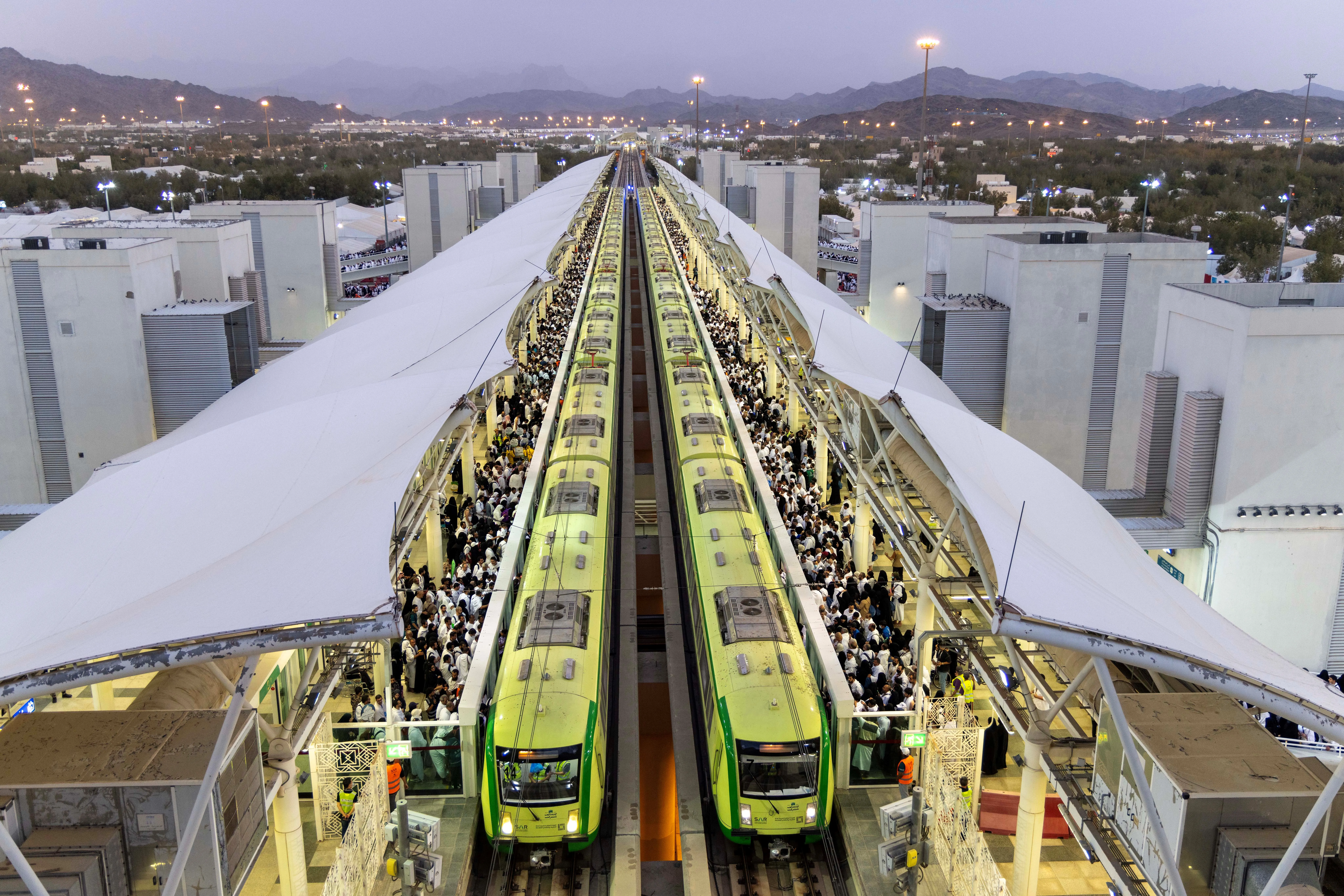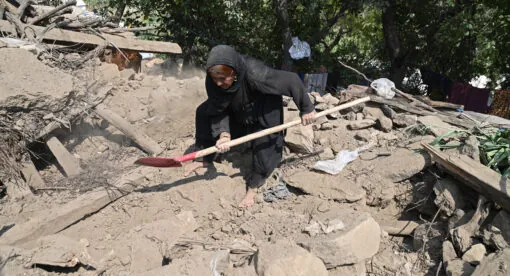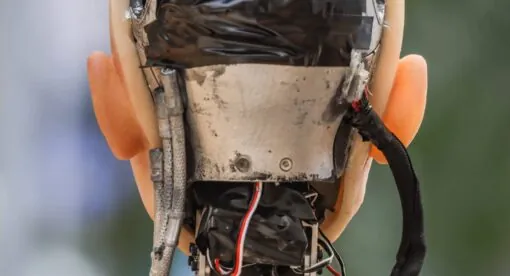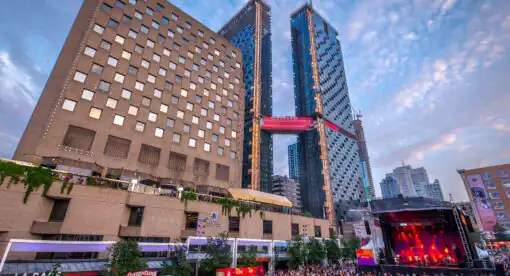Read the full report here
A key barrier to Middle Eastern economic growth is the lack of economic connectivity that exists among the region’s states, and between them and the rest of the world. Since the onset of the Belt and Road Initiative, China has emerged as an increasingly key provider of physical and digital infrastructure in the Middle East. Accordingly, could the nature and quantity of China’s infrastructure engagement in the region herald a tangible improvement in the Middle East’s economic connectivity?
To ascertain whether China’s infrastructure engagement could address these deficits, this series began by looking at connectivity and integration deficits as key barriers to Middle Eastern economic growth and introducing the general nature of China’s investment and infrastructure engagement in the Middle East, and its imbalanced character that focuses on a few select regional countries. Part 1 of this series can be read here. This report, Part 2, contains two case studies on the highest and second-highest focus countries of this Chinese engagement, Saudi Arabia and the UAE. Part 3 will do the same for Iraq, Egypt, and Oman. Finally, Part 4 will use these case studies to analyze how Chinese engagement could address the Middle East’s connectivity deficits on a regional level.
The views expressed in this article are those of the author and not an official policy or position of New Lines Institute.






